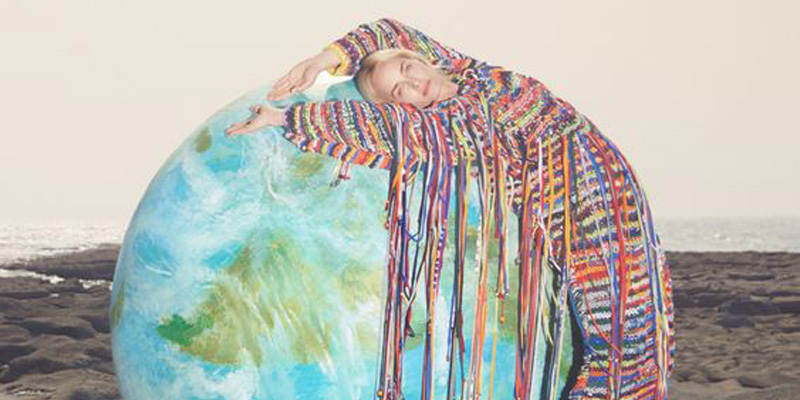
Sustainability is defined as a world view that aims to meet economic and environmental requirements without harming the living conditions of future generations.

The sustainability movement first emerged in the United Nations Human Environment Conference (Declaration of the United Nations Human Environment Conference) held in Stockholm, Sweden in 1972 and became famous with the slogan "Our Common Future" in the Brundlant Report published in 1987. started.

Environmental movements have begun with the concerns that emerged as a result of events such as the deterioration of ecological balance, global warming, and the decrease in natural resources. With the acceleration of environmental movements that started in the 1960s and 70s, the concept of "ecology" has made a great impact in the textile industry since the 1990s, and brands have started to develop themselves on the basis of sustainability.
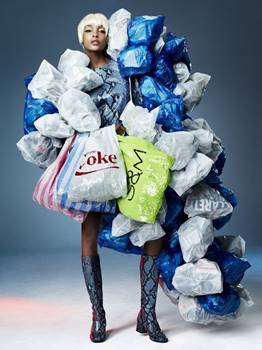
The concept of sustainable product design has come to the fore and many brands and organizations have made their production by keeping sustainability as a basis.
General purpose; reducing the use of natural resources and energy, reducing costs and ensuring the use of environmentally friendly products.

In productions suitable for sustainable design, environmental impacts and carbon footprint are calculated and production is carried out in a way that causes the least harm to nature.
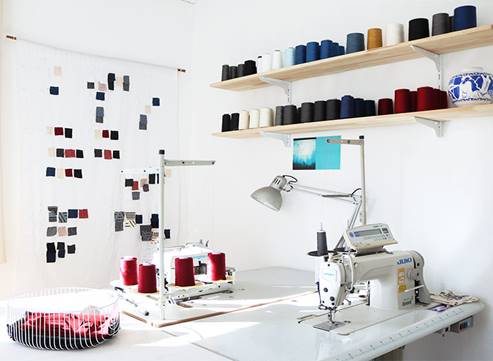
In the 1990s, with the concept of sustainability, natural and recycled fibers were heavily emphasized in publications and fairs, and since the mid-2000s, organic products and edible fibers have been the basis of innovations and caused many manufacturers to create their collections using alternative materials.

Stella McCartney is one of the leading supporters of luxury fashion brands to adopt environmentally friendly production and has been collaborating with the Ethical Fashion Institute since 2011.
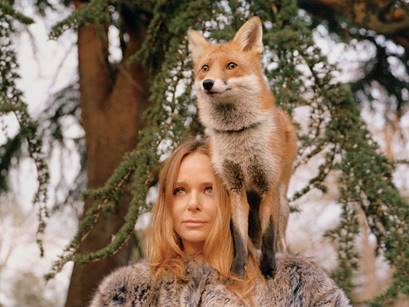
Acting on the principle of zero waste, Austrian designer Mark Liu has produced clothes using his own prints.

None of the fabrics used for making the clothes were wasted, and the resulting fabric residues were transformed back into cotton to be used in other designs with different methods.

Designer Gönül Paksoy has created a unique language on the concept of sustainability; He has realized his designs by combining valuable old Turkish fabric and accessory pieces with new fabrics and materials.

Designer Arzu Kaprol also came together with WWF to raise awareness of sustainable fashion, drawing attention to some endangered animal species in her collection.


Gucci launched Gucci Off The Grid to support sustainable manufacturing; The new collection is made with completely organic, recyclable and sustainable materials.
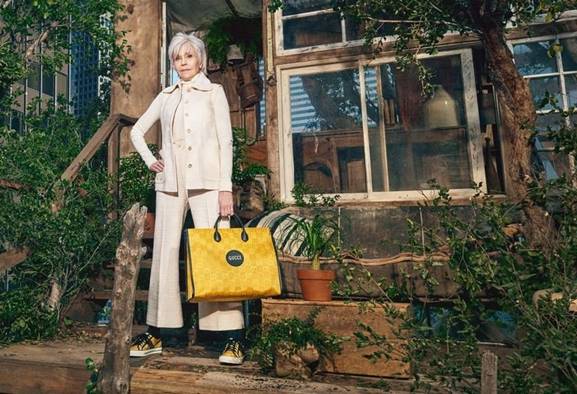
Finally, Les Benjamins announced the ESSENTIALS FW20 collection that it offered for sale, with the steps taken by the brand in sustainability. Presented as a more accessible capsule collection for the first time with the FW19 main collection, Essentials draws attention with its new colors and designs as well as its sustainability in the FW20 season.

Although ethical fashion shows have increased in Paris, London and New York in recent years, it seems that creative solutions will continue to be emphasized in developments related to ecological materials and textiles.
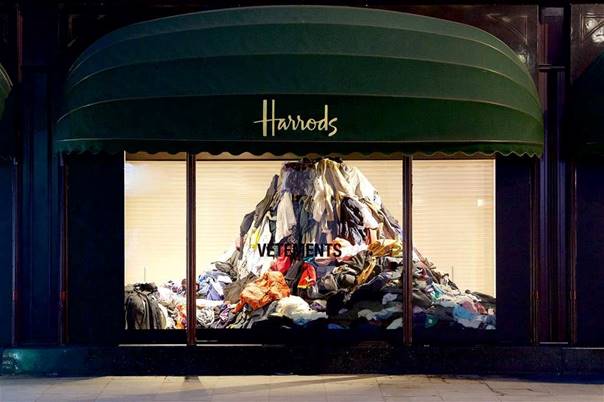
BİZ SİZİ ARAYALIMLÜTFEN FORMU DOLDURUNUZ